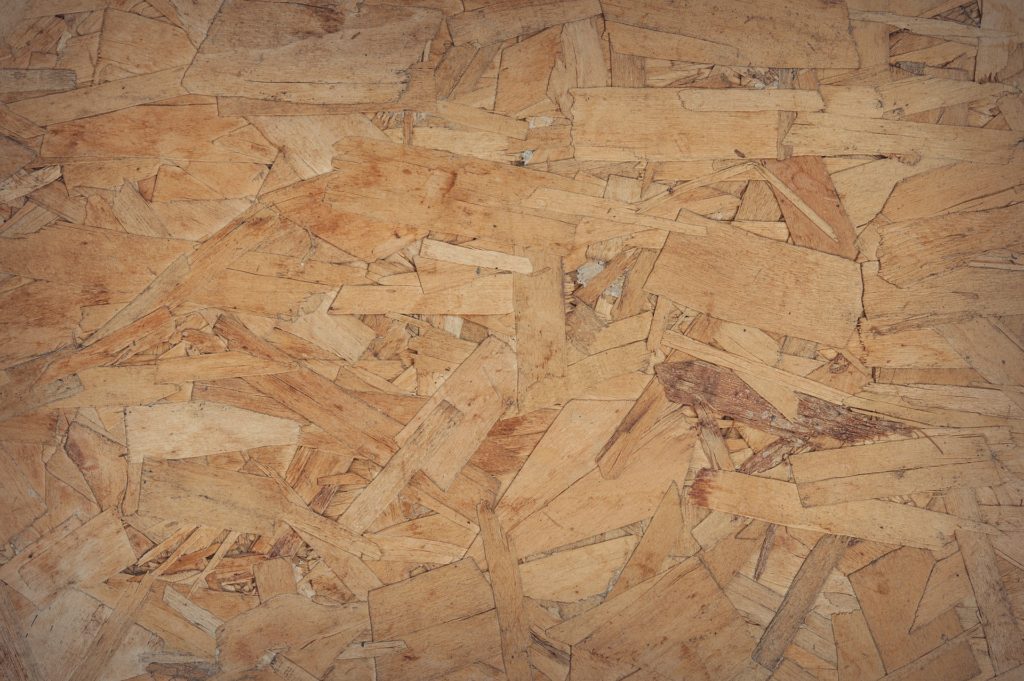 In any civil case, liability comes down to many different factors, which is why you should always hire a knowledgeable New York personal injury attorney to handle a lawsuit rather than try to do it yourself.
In any civil case, liability comes down to many different factors, which is why you should always hire a knowledgeable New York personal injury attorney to handle a lawsuit rather than try to do it yourself.
With that in mind, however, there are some basic, general considerations that can be explored. If cheap materials are used at a worksite and someone is injured, liability could potentially rest on either the company that made the material, or whoever chose to use it over a superior product. Perhaps both.
Negligence and Liability
Two of the most important factors in any lawsuit are negligence and liability, since both must be established for a claim to be successful. Negligence refers to an action or inaction that goes against what a reasonable person would do. Liability is that a person or company’s negligence directly resulted in an injury or property damage to another. For example, consider a situation where someone drives while intoxicated and collides with a parked car, causing it significant damage. Driving while intoxicated is the act of negligence, and proving that the intoxicated driving caused the collision makes the driver liable.
Possible Liability: The Manufacturer
When it comes to cheap materials and injuries, there is a chance the manufacturer can be held liable, though this is often quite difficult to prove. In order to show that the manufacture is liable, you have to prove the manufacturer was negligent in some way. If there are specific standards that a certain material must meet to be used in the way it is intended, and the company fails to meet those standards, then you could possibly prove liability.
Possible Liability: Employers and Contractors
Sometimes a company or foreman who chooses particular materials over others might be held liable if that choice results in injuries or other damages. For liability to exist in such a situation, you have to show that the choice to use cheaper materials was in some way an act of negligence. For example, if a carpenter uses cheaper wood even though building standards require a different type of wood, and the wood breaks and causes damages, then you might have a case.
Proving liability is no small task. If you or someone you know has been injured due to someone else’s negligence in not building to code, then call us at Wingate, Russotti, Shapiro, Moses & Halperin, LLP, today at (212) 986-7353.